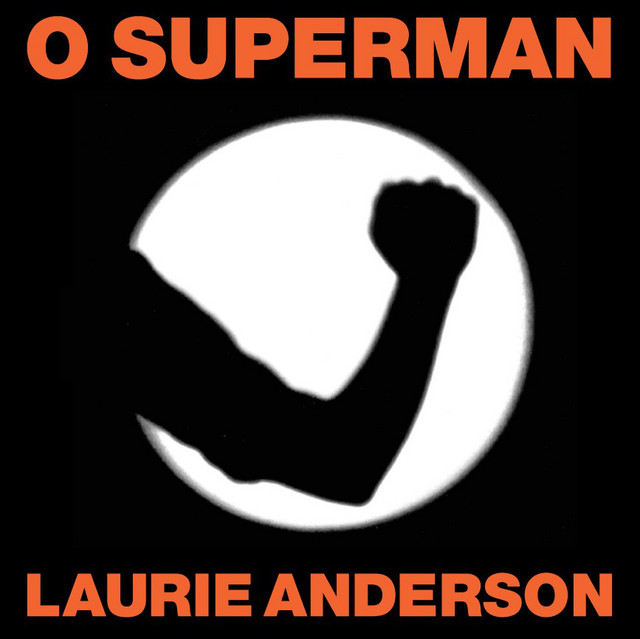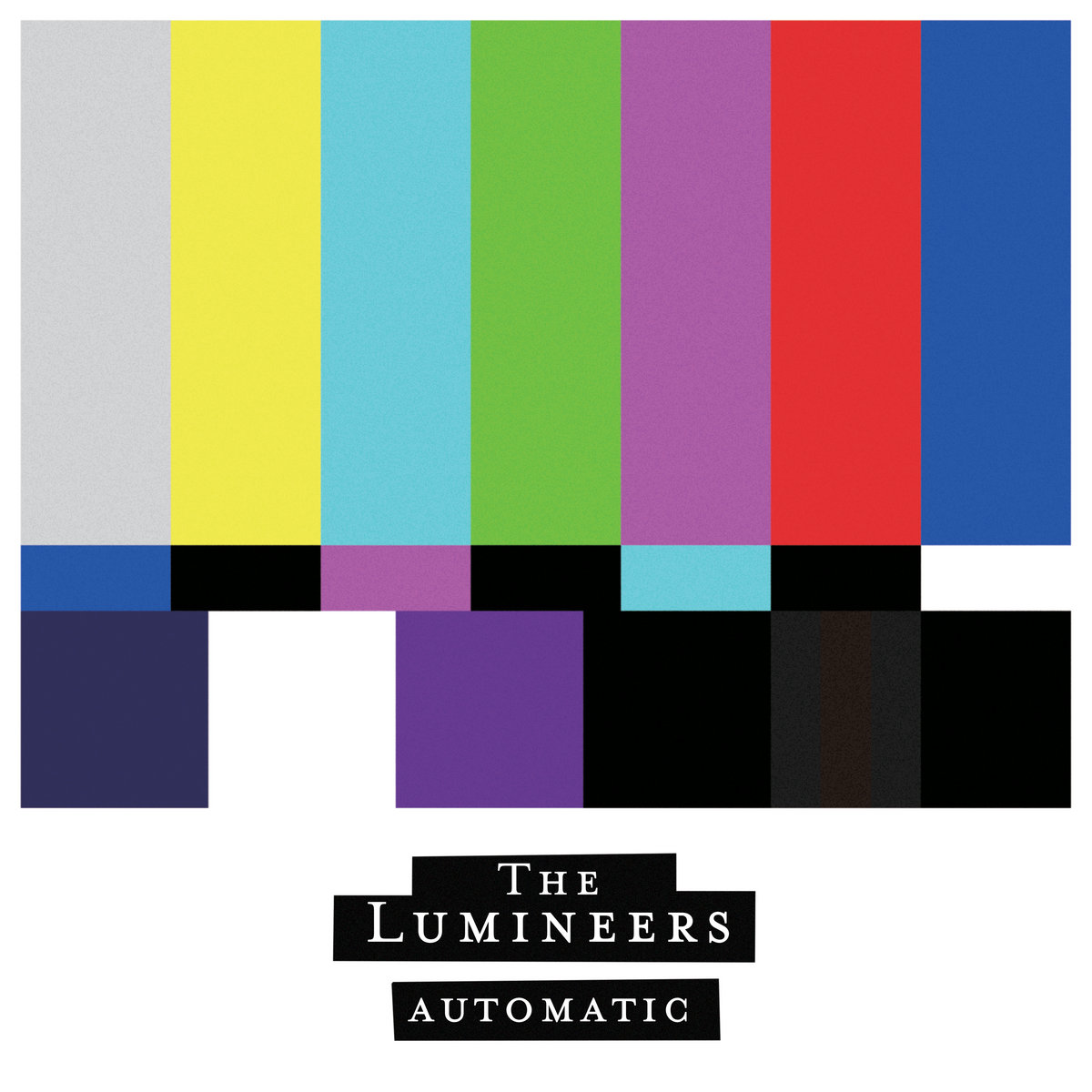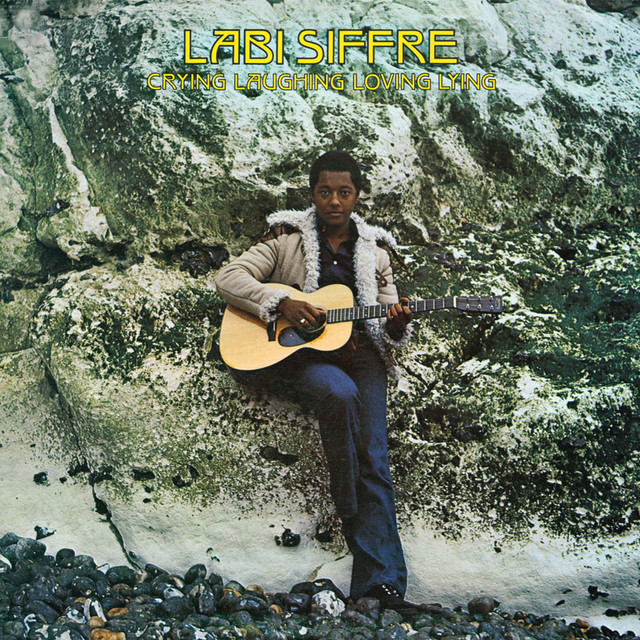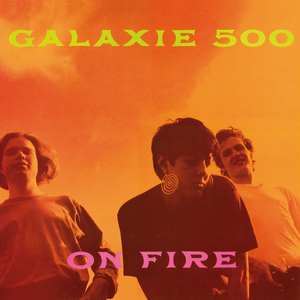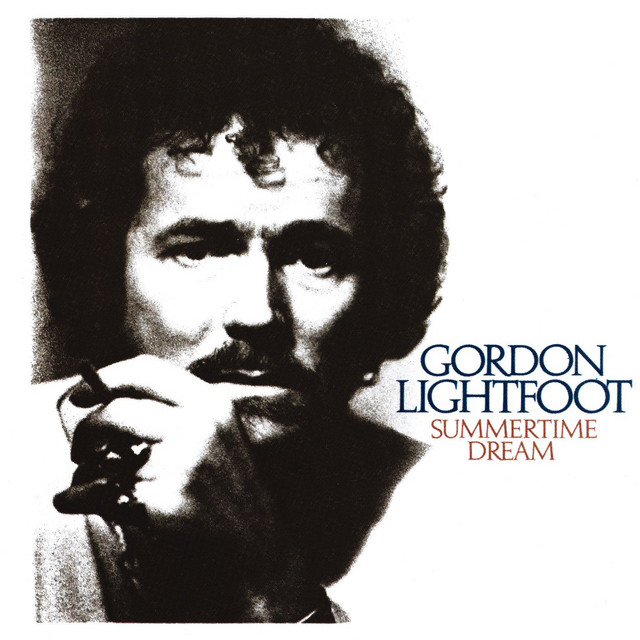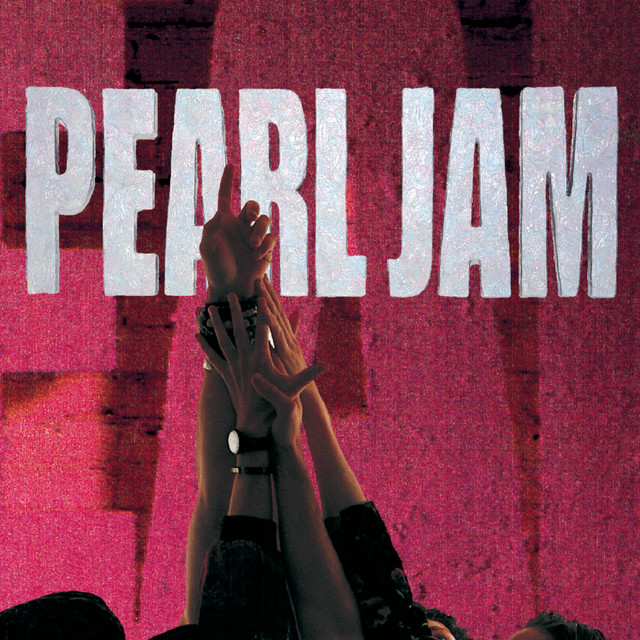Laurie Anderson is an often overlooked artist within the music canon, and it’s likely due to the exact qualities her music is praised for. Anderson has this unique ability to blend pop melodies with the avant-garde, typically with eclectic influences and instrumentation. Prior to pursuing her auspicious musical career, Anderson was a performance artist who engaged in many projects in New York throughout the 1970s.
This aspect of her career carried over into her music which is best evidenced by her 4-hour opus United States Live (1984). The album perfectly encapsulates her many talents, featuring many vignettes about crowded American life, delivered with Anderson’s dry sense of humor, interspersed with manipulated electronic production and grand art pop songs that are more conventional by comparison.
I mention this album because its major label release was absolutely a result of Anderson’s success from 1981’s “O Superman.” Additionally, both works utilize spoken word performance to comment on our post-industrial society, often in a political manner, and “O Superman” is no exception. The song begins with an answering machine message which is implied to be a manifestation of the United States’ motherland:
“Hello? This is your mother, are you there? /
Are you coming home? /
Hello? Is anybody home? /
Well, you don’t know me, but I know you /
And I’ve got a message to give to you /
Here come the planes.”
From the start, the voice feels ominous and in control. Anderson also voices the now confused person with the answering machine to which the “mother” repeatedly responds with, “This is the hand, the hand that takes,” a phrase which is very fitting to what Anderson thought about the United States’ military: an ever expanding industrial complex. The song ends with a haunting yet humorous image of the United States’ citizens relationship with the military:
“So hold me, Mom, in your long arms /
Your petrochemical arms, your military arms /
In your electronic arms.”
Anderson was inspired to write this song after hearing about the United States’ Operation Eagle Claw which resulted in the deaths of eight soldiers and a failure to rescue hostages in Iran. The event called the United States’ military power into question and disrupted Americans’ false sense of security under the military’s “protection” whilst its “long arm(ament)s” police the rest of the world.
Anderson’s writing is also quite intertextual. For instance, Anderson recites the United States Postal Service’s creed in a sarcastic response to if the planes are “smoking” or “non-smoking” in Operation Eagle Claw. The song’s bridge is also written similarly to chapter 38 of the Tao Te Ching, a primary Taoist work. Anderson’s literary references endlessly fascinate me, as they further strengthen her political messages whilst having an idiosyncratic sense of humor.
Lyrics aside, the song is simply captivating. Clocking in at just over 8 minutes, Anderson combines a classical minimalist backdrop of flute and saxophone with progressive electronic production and a looped “ha” vocalization which produces a sparse, futuristic sound that compliments her lyrical disdain towards the over reliance on technology. She also used a vocoder on her voice to sound like a Greek chorus, a recurring artistic choice throughout her career.
It is a miracle that this eccentric masterpiece became as popular as it did. The song peaked at #2 on the UK charts, in part by John Peel’s persistent promotion on BBC Radio 1. “O Superman” has since become Anderson’s crowning jewel, but it led to one of the most creative discographies in the music industry. There is truly nothing like “O Superman” or Laurie Anderson for that matter.



